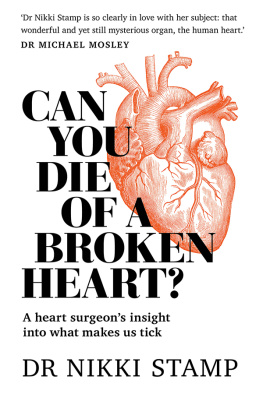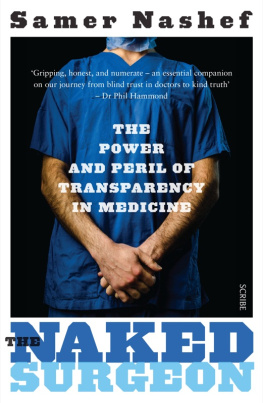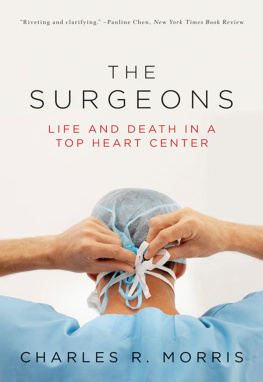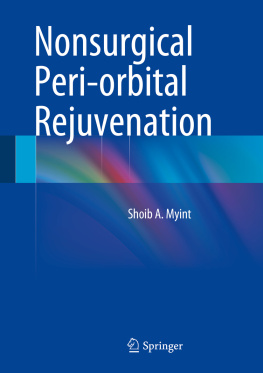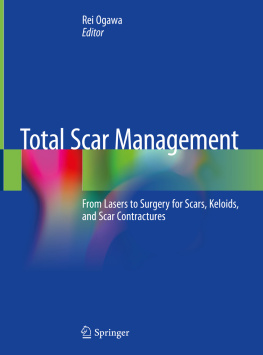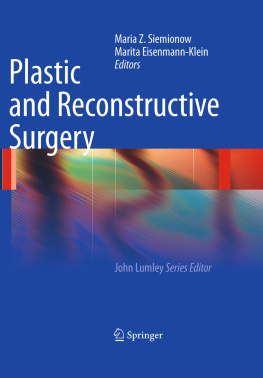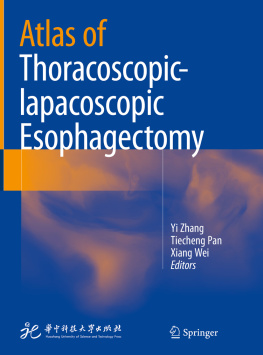Advance Praise for Revolutionary Surgeons
Readers will be surprised and edified by learning about the professional and personal lives of notable Revolutionary era surgeons on both sides of the Atlantic, as well as the reality of what wounded and ill soldiers encountered during eight long years of the American Revolutionary War. Patriot American surgeons and physicians were operating out of the same Anglo -B ritish and Euro -c entric tradition as their politically Loyalist professional colleagues. In Revolutionary Surgeons we learn about those shared bases in Enlightenment medicine and the gritty real work of military and community surgical practice during the Revolutionary era. Based on close readings of notable physicians biographies, Dr. Hasselgren seamlessly interweaves their personal lives, occasional rivalries, innovative procedures, and both famous and obscure patients ex perie nces.
Those wanting to immerse themselves in the formative years of the United States will find much to be educated and edified by Per -O lof Hasselgrens book, which brings an authoritative and compassionate approach to the subject that only a distinguished Harvard Medical faculty membe r c ould.
Samuel A. Forman, author of Dr. Joseph Warren: The Boston Tea Party, Bunker Hill, and the Birth of American Liberty and Ill -F ated Frontier: Peril and Possibilities in the Early Ame rican West
Intriguing in scope, and deftly written, Revolutionary Surgeons is a spirited tale of driven personalities, magnificent ideas, and tragic shortcomings. It is a fascinating and timely survey of Americas surgical beginnings; an essential source for those interested in understanding the role that surgeons played during the Revolutionary War, militarily, politically, and socioecon omic ally.
Ira Rutkow, author of A History of Medicine in America; Bleeding Blue and Gray; Civil War Surgery and the Evolution of American Medicine; Surgery: An Illustrated History , named a New York Times Notable Book of the Year; Dr. Rutkow is a recipient of the American Medical Writers Association Medical Book Award, and the Fletcher Pratt Literary Award of the Civil War Round Table of New York. She has been inducted into The Johns Hopkins Universitys Society of Scholars, and awarded Union Colleges Founde rs M edal.
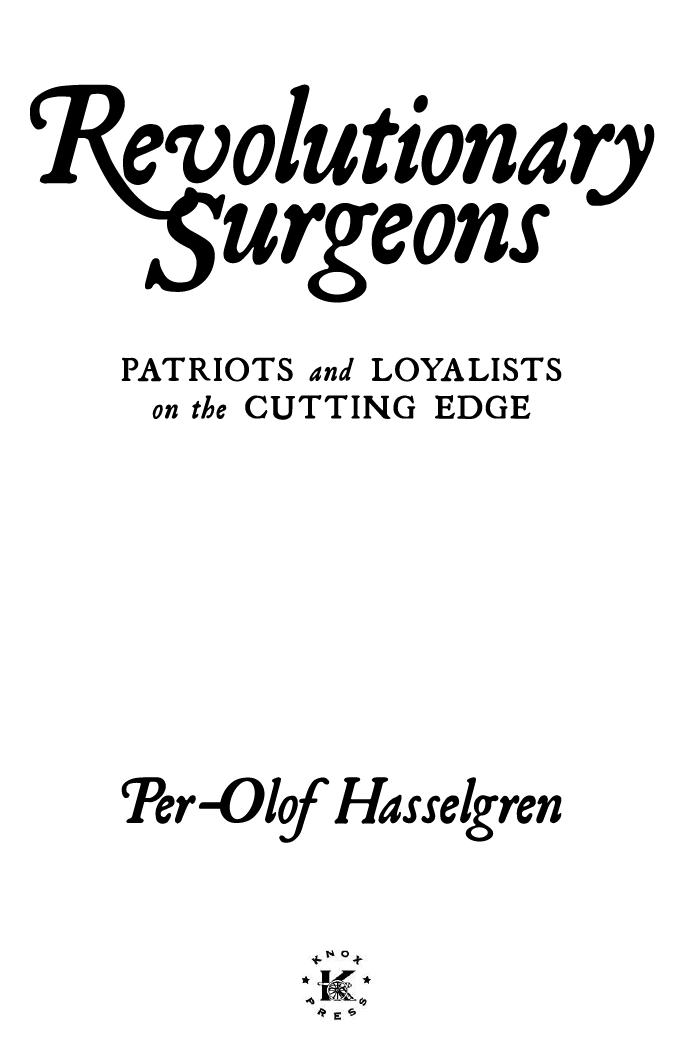
A KNOX PRESS BOOK
An Imprint of Permuted Press
ISBN: 978-1-64293-888-3
ISBN (eBook): 978-1-64293-889-0
Revolutionary Surgeons:
Patriots and Loyalists on the Cutting Edge
2021 by Per-Olof Hasselgren
All Rights Reserved
Cover Image: From The Death of General Warren at the Battle of Bunkers Hill, June 17, 1775 by John Trumbull, c1831, Museum of Fine Arts, Boston. MA
No part of this book may be reproduced, stored in a retrieval system, or transmitted by any means without the written permission of the author and publisher.

Permuted Press, LLC
New York Nashville
permutedpress.com
Published in the United States of America
Contents
Although most aspects of the American Revolution have been well researched and documented, the medical and surgical treatment in the army during the Revolutionary War, as well as the surgeons political and military engagements, have often been o verlo oked.
Surgeons played important roles in the American Revolution. Many were actively involved in politics as well as on the battlefields. Surgeries performed at the time were heroic, both from the surgeons standpoint and, in particular, from the perspective of patients who agreed to undergo major, utterly painful procedures, performed without a nesth esia.
The young nation in the process of being born had to grapple with several important organizational issues related to military and civilian medical care, the establishment of hospitals, and the equipment and supplies of the surgeons. In addition, the training and licensing of physicians were not well regulatedor regulat ed at all.
Before the establishment of medical schools in America, students striving toward careers in medicine and surgery could either apply for an apprenticeship with an established physician in the colonies, or travel to Europe for training. Going to Europe for studies (commonly to London and Edinburgh) was expensive and typically required the support of wealthy parents. The payoff, however, was training under prestigious surgeons, and exposure to modern ways to treat patients. Physicians returning from training abroad were held in high esteem and looked upon as the most educated and expert doctors in their communities, especially if they came back with an MD de gree.
Even though a local apprenticeship required a fee paid to the master, the cost was only a fraction of two or three years of training in London, or elsewhere in Europe. The duration of a surgical apprenticeship in the colonies was about two years (but sometimes longer), and the cost was around one hundred pounds, paid upfront to the master. For this fee, the apprentice would live in the masters home and become part of the household. For the medical training, the master allowed the apprentice to participate in all aspects of his medical and surgical practice, including seeing patients in his office and participating in -h ome visits. The apprentice would also assist during surgical and obstetric procedures. In addition, the master provided theoretical education and guided reading in anatomy, physiology, and pharmacology. The apprenticeship was typically secured with a contract signed by the practitioner and by somebody (often the trainees father) promising to pay the master, stating that the master would provide instructions in theMysterys of Physick and Surgery. At the end of the apprenticeship, the master would issue a certificate, confirming both the training and that the physician student was qualified to start his own prac tice.
At the outbreak of the revolution, there were about 3,000 doctors in the colonies serving a population of approximately 2.5 million. Only about 350 physicians were fully trained and licensed, and even fewer had additional training in Eu rope.
Most hospitals at the time of the American Revolution were temporary, and consisted of private homes, barns, meetinghouses, churches, and other public buildings. During the 1700s, only two major hospitalsin todays sense of the wordwere in use. A hospital was established in Philadelphia in 1755 with the support of Benjamin Franklin. In 1771, King George III granted a charter to establish the New York Hospital. Construction of the hospital began in 1773. Tragically, the building was destroyed in a major fire before its completion and had to be rebuilt. The reconstruction was delayed because of the Revolutionary War, and the hospital could not be fully opened u ntil 1791.
The same cities saw the first medical schools in America founded in Philadelphia in 1765, and New York City in 1768. Boston had to wait until 1782 to see the establishment of Harvard Medic al Sc hool.
There are many reasons why it is of interest to learn about surgeons and surgery at the time of the American Revolution. There were surgeons who participated in the deliberations of the Continental Congresses. Four of the fifty -s ix signers of the Declaration of Independence were physicians, including the renowned Philadelphia surgeon Benjamin Rush. Among the members of the Massachusetts Provincial Congresses in 1774 and 1775, twenty -t wo were surgeons, most of whom came to be actively involved in bloody engagements during various Revolutionary War military campaigns. Indeed, historians have commented that if it hadnt been for the fatal injury sustained by a certain surgeon at Bunker Hill, it is possible that the first commander - i n -c hief of the United States would have been a sur geon.
Next page



